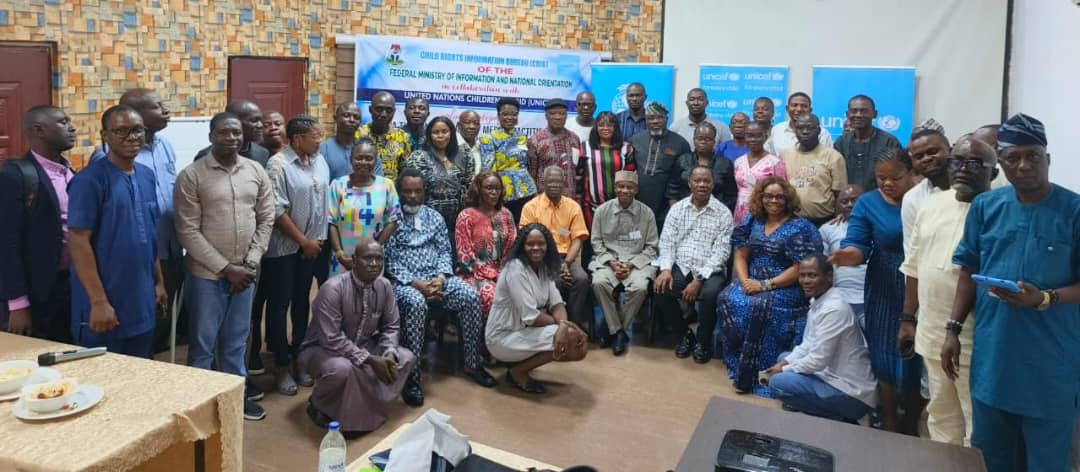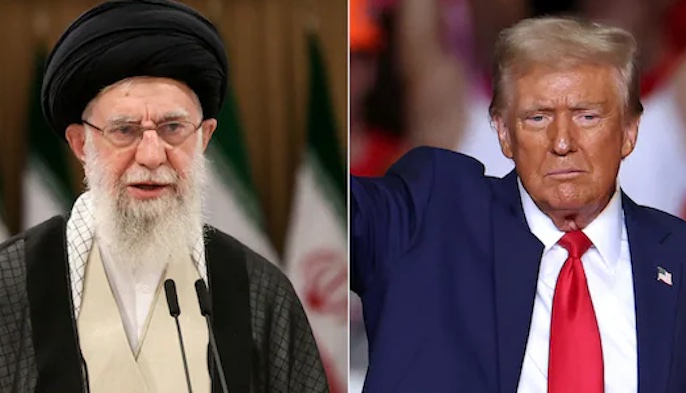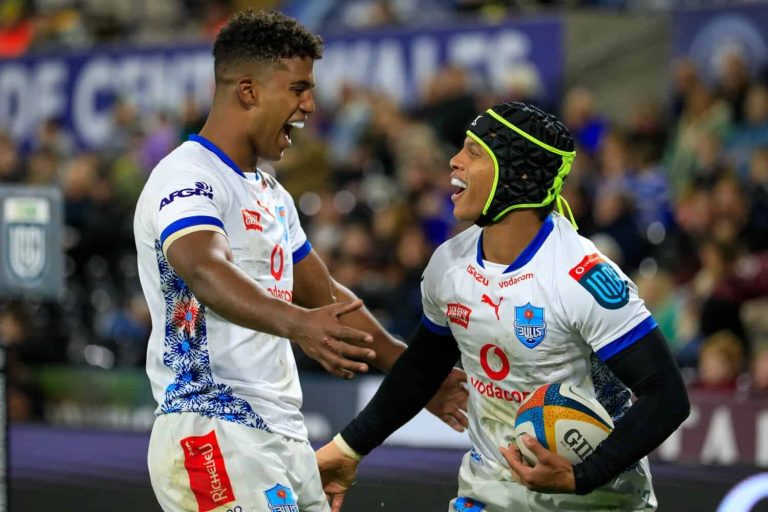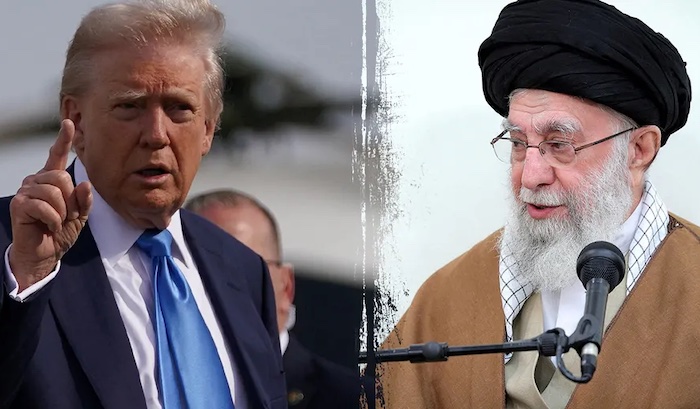
The United Nations Children’s Fund (UNICEF) remains emphatic on the protection of the Child and his interests during media reportage.
At a recent two-day media training organized by the Child Rights Information Bureau (CRIB) in collaboration with UNICEF, stakeholders highlighted the significance of ethical journalism in the coverage of children’s issues.
The event, held in Ibadan, aimed to equip Nigerian journalists with the tools necessary to prioritize the rights, dignity, and safety of minors in their reporting.
Ms. Sussan Akila, Acting Chief of Communication, Advocacy and Partnership for UNICEF Nigeria, underscored the crucial role journalists play in serving as trusted voices for children.
“Each of us here carries a vital responsibility, and our presence underscores the importance of this discussion,” she stated.
“UNICEF, alongside the Federal Ministry of Information and National Orientation, truly values this commitment and believes the outcomes of these two days will resonate beyond this event.”
Akila explained that journalists play a crucial role in protecting children who cannot speak for themselves. “Children are often called the leaders of tomorrow, but can they represent themselves? No. That is why we must ensure that when we speak for them, we do it right,” she said.
She cautioned against putting Children in harm way through insensitive coverage.
“When we don’t report responsibly, we may cause more harm than good. Ethical reporting protects their rights, ensures justice when violated, and keeps them safe in the process,” she said.
Akila warned journalists to avoid revealing the identities of minors in sensitive cases and to resist editorial pressures that could lead to unethical practices.
“Sometimes editors demand stories to be told a certain way, but as the foot soldiers, we must know what is right. The most important rule is to do no harm,” she emphasised.
She described the training as a “way to strengthen journalists as partners of trust for children,” urging them to focus on accuracy and integrity rather than sensationalism. “We must report stories that are reliable, balanced, and uphold the dignity of children,” she said.
For her part, Celine Lafoucriere, Chief of UNICEF Lagos Field Office, emphasized that ethical reporting on children is both a professional standard and a moral duty.
“Children have a right to be seen, heard, and protected. We must ensure they are portrayed with dignity, and their narratives are told with care, without compromising their rights for the sake of sensationalism,” she articulated.
Lafoucriere further explained the importance of ethical reporting, noting that it safeguards vulnerable populations.
“Children are not just smaller versions of adults; they are in a continuous state of emotional, mental, and social development. Reporting on children, especially those impacted by violence or abuse, requires exceptional sensitivity.”
Additionally, she pointed out that responsible journalism builds trust, particularly in an era rife with misinformation.
“When you report responsibly, you not only become a reliable source of information but also facilitate community healing and growth. The narratives you provide shape societal views on children and influence how children perceive themselves,” Lafoucriere added.
“By committing to ethical reporting, you contribute to creating a Nigeria where every child is valued, protected, and given the opportunity to thrive,” she concluded.
The event also featured remarks from Mr. Chinasa Ogbodo, Permanent Secretary of the Federal Ministry of Information, represented by CRIB Assistant Director, Mr. Toye Falayi.
Ogbodo acknowledged the progress made with the domestication of the Child Rights Act in 33 states but emphasized the need for continued efforts to ensure comprehensive protection for children nationwide.
He noted ongoing initiatives to engage media institutions like the Nigerian Institute of Journalism (NIJ) and the Nigerian Guild of Editors (NGE) in integrating child rights reporting into journalism education.
This initiative seeks to foster a deeper understanding of children’s rights among journalists, ultimately benefiting the young and vulnerable populations across Nigeria.



